Newsletter
Don't miss a thing!
We regularly provide you with the most important news, articles, topics, projects and ideas for One World – No Hunger.
Newsletter
Don't miss a thing!
We regularly provide you with the most important news, articles, topics, projects and ideas for One World – No Hunger.
Please also refer to our data protection declaration.
Saskia Widenhorn, Head of the Cotton Component in Cameroon and the Sub-Saharan Cotton Initiative at Deutsche Gesellschaft für Internationale Zusammenarbeit (GIZ), reports on the Bremer Cotton Week, which brought together international industry experts. The agenda included supply chain transparency, sustainability and new forms of cooperation between the private sector and partner countries.

In the Hanseatic city of Bremen, the last week of September is all about cotton: at the Bremen Cotton Week, international industry experts come together to discuss. The Cotton made in Africa (CmiA) Stakeholder Conference kicks off the week. The two-day conference will present innovative and sustainable solutions to challenges along the supply chain. The “International Cotton Conference” – to be held on 29 and 30 September at the Bremen Chamber of Commerce – will also focus on global supply chains.
The Cotton Conference’s motto, “Cotton Decoded”, highlights the enormous complexity of the global sector and the multitude of its players. For example, the topics of supply chain transparency and traceability are at the top of the agenda for the globally active companies in the sector – also because of the growing requirements and due diligence obligations.
To achieve sustainability and fair working and living conditions for the people in the production countries, various actors need to be involved along the supply chain.
Cooperation between companies from the private sector and organisations at international or national level in the production countries can drive change in a holistic way.

Ideas competition brings forth new cooperations
The Sub-Saharan Cotton Initiative (SSCI) is an example of a new format that paves the way for international cooperation. Embedded in the Bremer Cotton Week, the SSCI is now holding its first annual meeting of the stakeholders involved. Having emerged from an ideas competition of the GIZ Global Project “Sustainability and Value Creation in Agricultural Supply Chains”, the SSCI aims to mobilise the business community for transformative projects while making cotton supply chains more sustainable.
At the end of last year, four projects with high impact potential emerged from the SSCI.
Each project is implemented by a consortium of international companies and local companies and/or civil society organisations.
The resulting project ideas are adapted to the needs of the actors along the supply chain: By joining in off their own bat, the participating companies can exert a decisive influence on the conditions along the supply chain based on their market power. At the same time, demand and local impact are to be ensured by involving partners in the production countries. In this way, effective and at the same time sustainable partnerships were created.
Projects are currently being implemented in seven countries in sub-Saharan Africa – in Benin, Côte d'Ivoire, Mozambique, Zambia, Tanzania, Togo and Chad. For instance, they are strengthening the organic cotton sector, promoting sustainable production with the use of fewer inputs and less environmental impact, improving crop traceability via digital platforms and helping smallholder farmers become more resilient to climate change. In this way, around 240,000 people in the producing countries are reached.
The annual meeting of the SSCI is used to bolster the network of participating companies and organisations across the consortia. In doing so, all actors should benefit from their different perspectives.
After all, cotton supply chains are highly interconnected internationally and challenges need to be addressed at different levels at the same time.
In order to anchor the desired changes sustainably and in the long term, it is important to learn from the experiences of all actors. In this way, the SSCI forms a common umbrella – with great potential to further advance social-ecological change in the cotton supply chain.
For more information on the projects that have been created, see here.

Read more Reference values: A building block on the road to social equality

Read more Ms Rudloff, what are the benefits of a supply chain law?

Read more Freed from trade? Towards a fairer EU Trade Agenda

Read more Controversy: Do supply chains need liability rules?
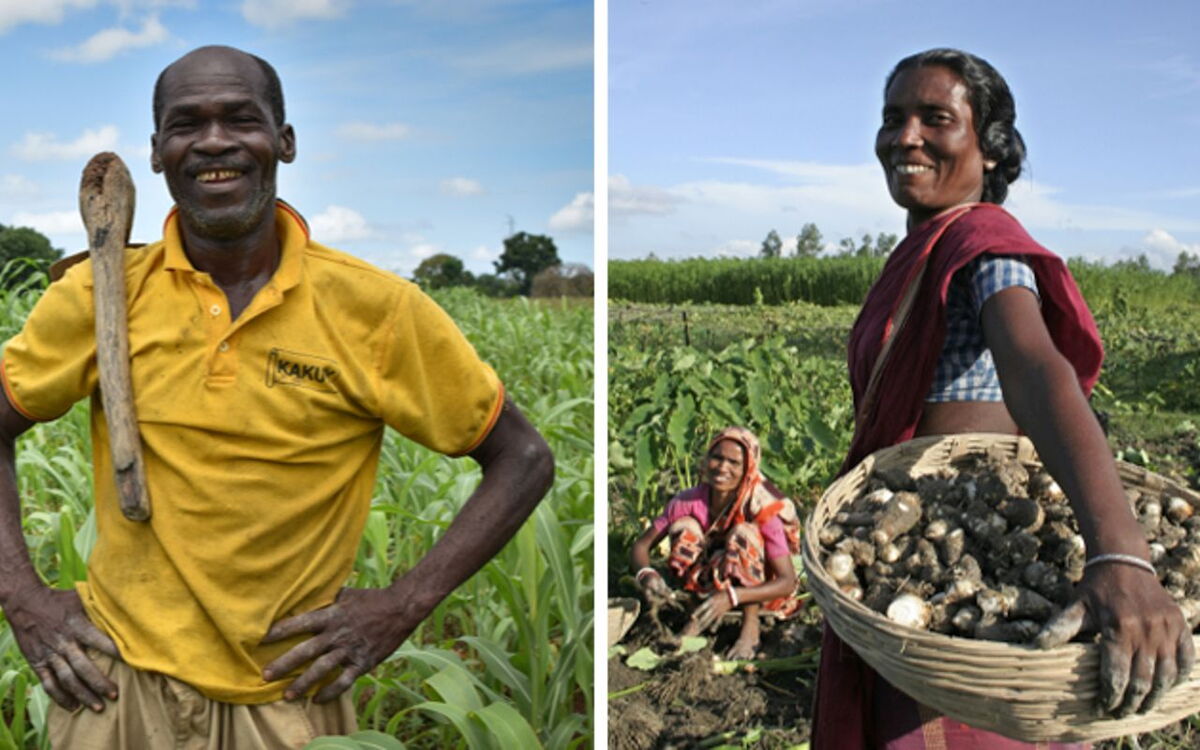
Read more Ideas on the ground: Local solutions for global challenges
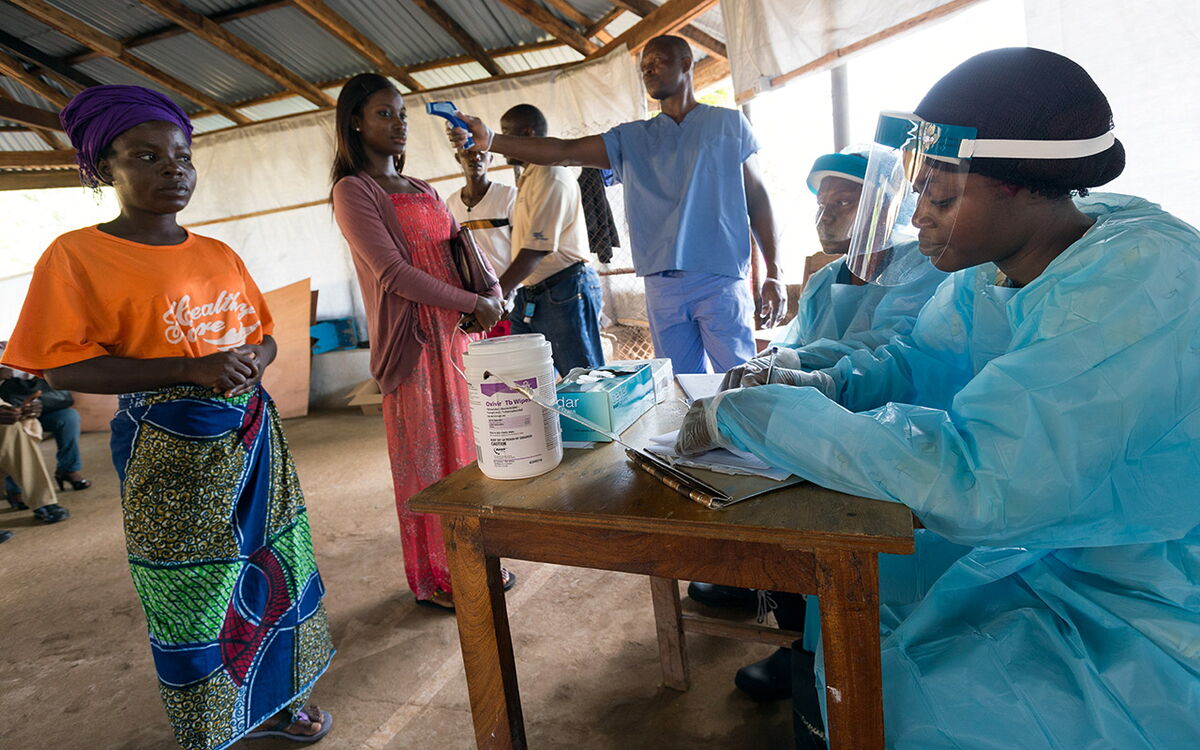
Read more “Corona exposes the weaknesses of our nutritional systems"

Read more Ebay Against Hunger - How an App Supports Crop Sale of Rural Small Holders in Zambia


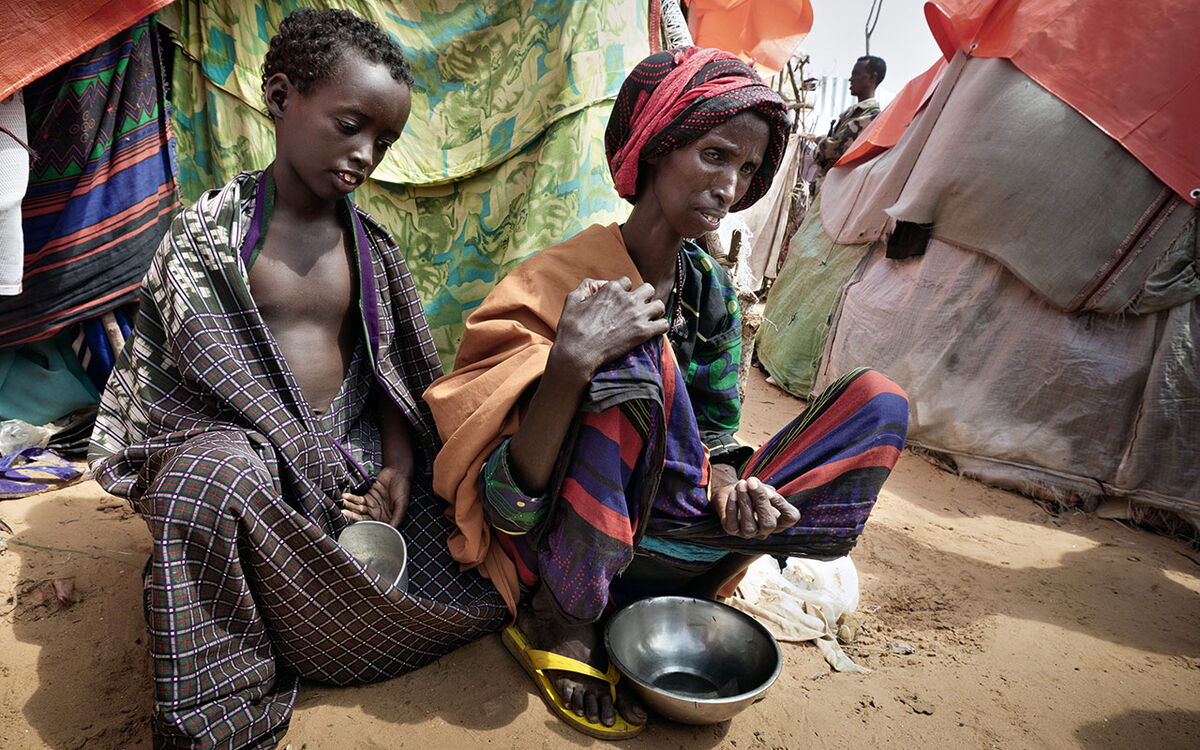
Read more Global responsibility: Tackling hunger is the only way forward


Read more Statement from GAFSP Co-Chairs: GAFSP and COVID-19 Pandemic

Read more Sustainable Artisanal Fisheries and Aquaculture in Rural Areas
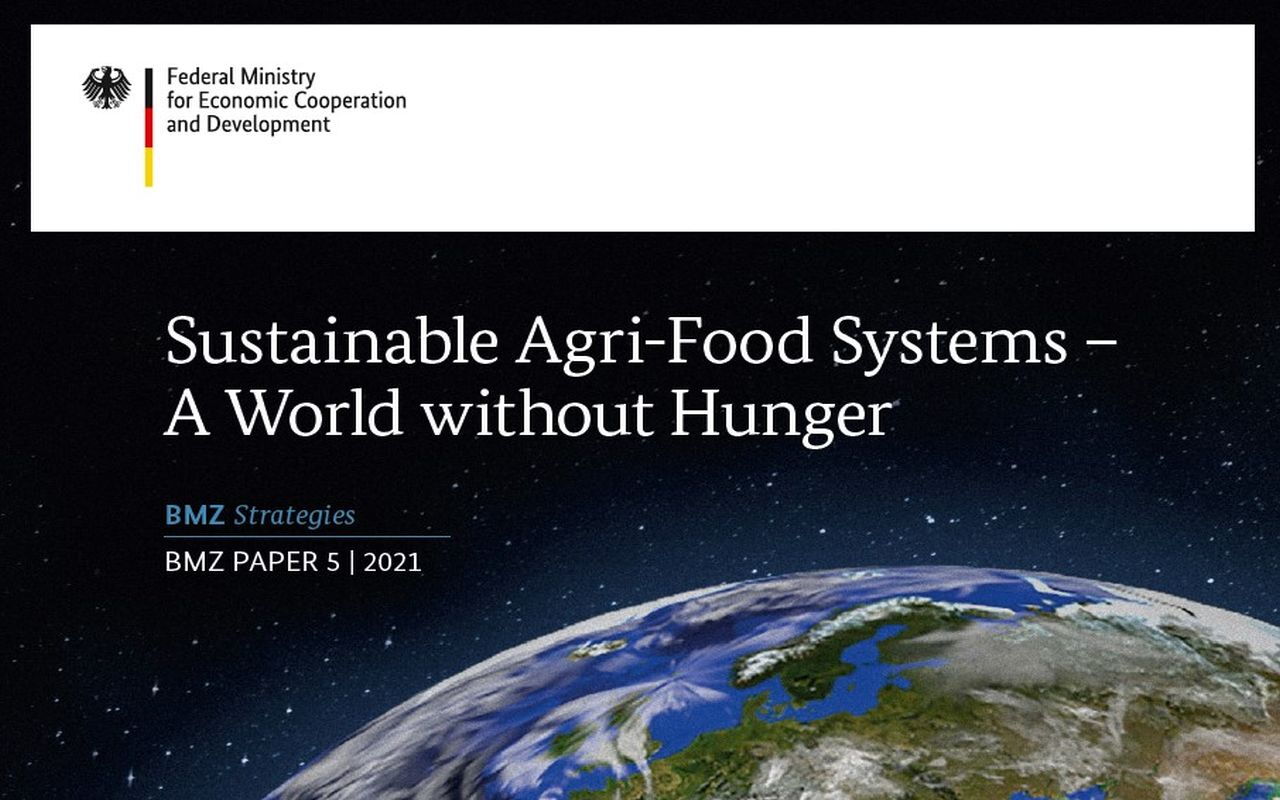
Read more Nine Harvests Left until 2030: How Will the BMZ Organise Itself in the Future?
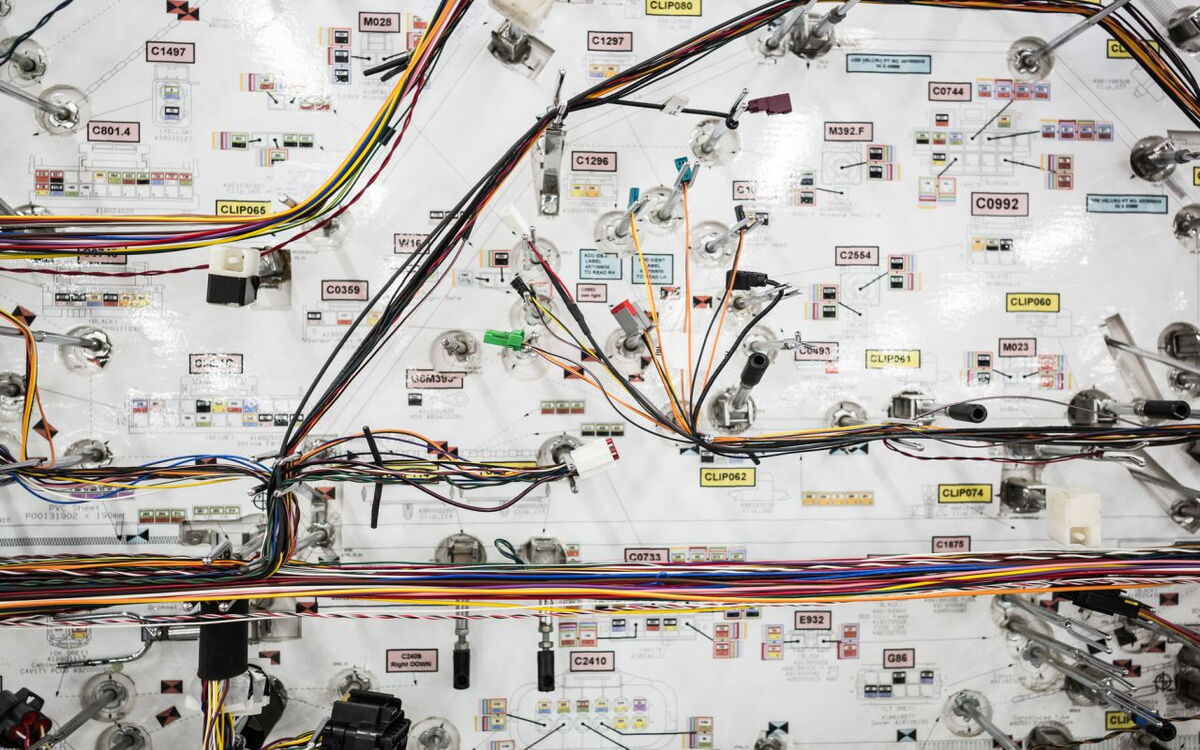
Read more The Future of Development Politics: Voices from the Parliamentary Groups

Read more New legal initiatives towards deforestation-free supply chains as a game changer
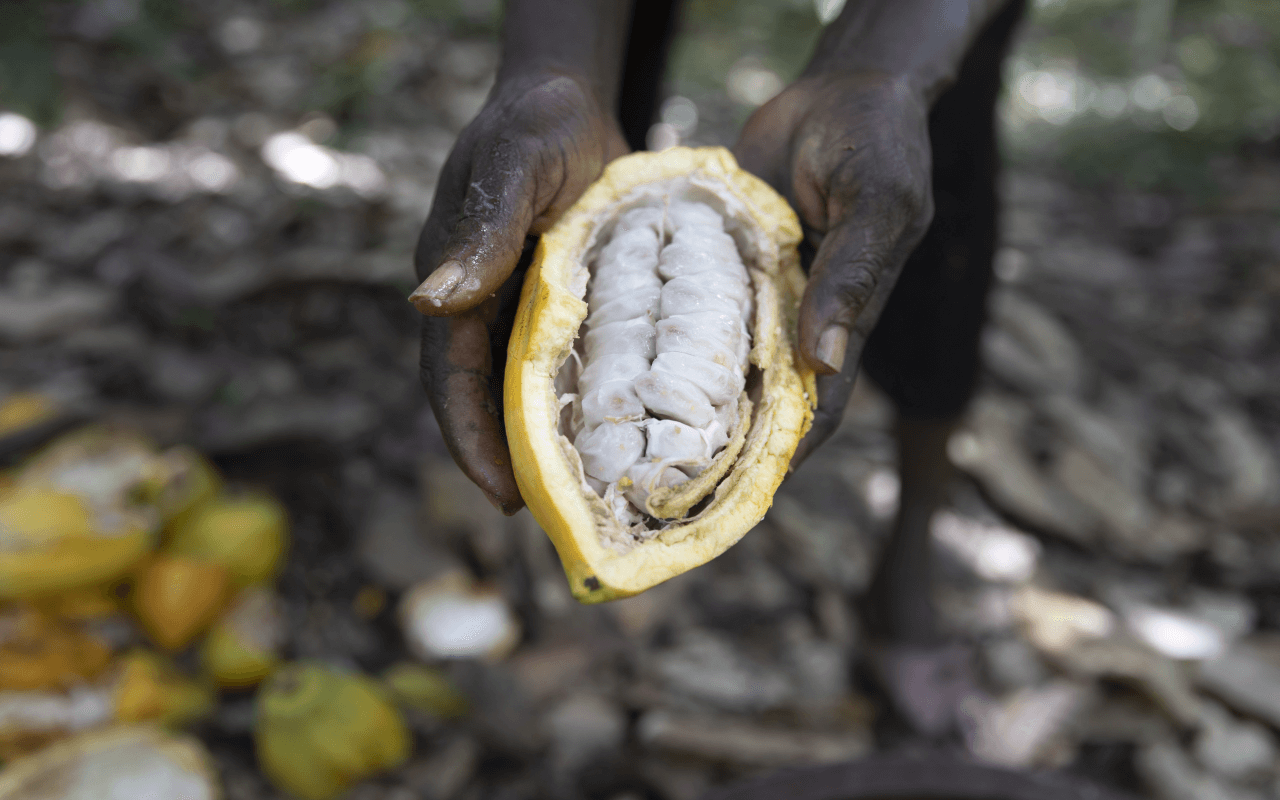
Read more Côte d’Ivoire: Sweet Temptation without a Bitter Taste

Read more Fair Trade and Climate Justice: Everything is Conntected

Read more The Rice Sector in West Africa: A Political Challenge

Read more Do import restrictions really benefit the local poor in West Africa?

Read more Sang'alo Institute invests in farming of sunflower crop

Read more The Agri-Food Map: An interactive map to explore sustainable agri-food systems
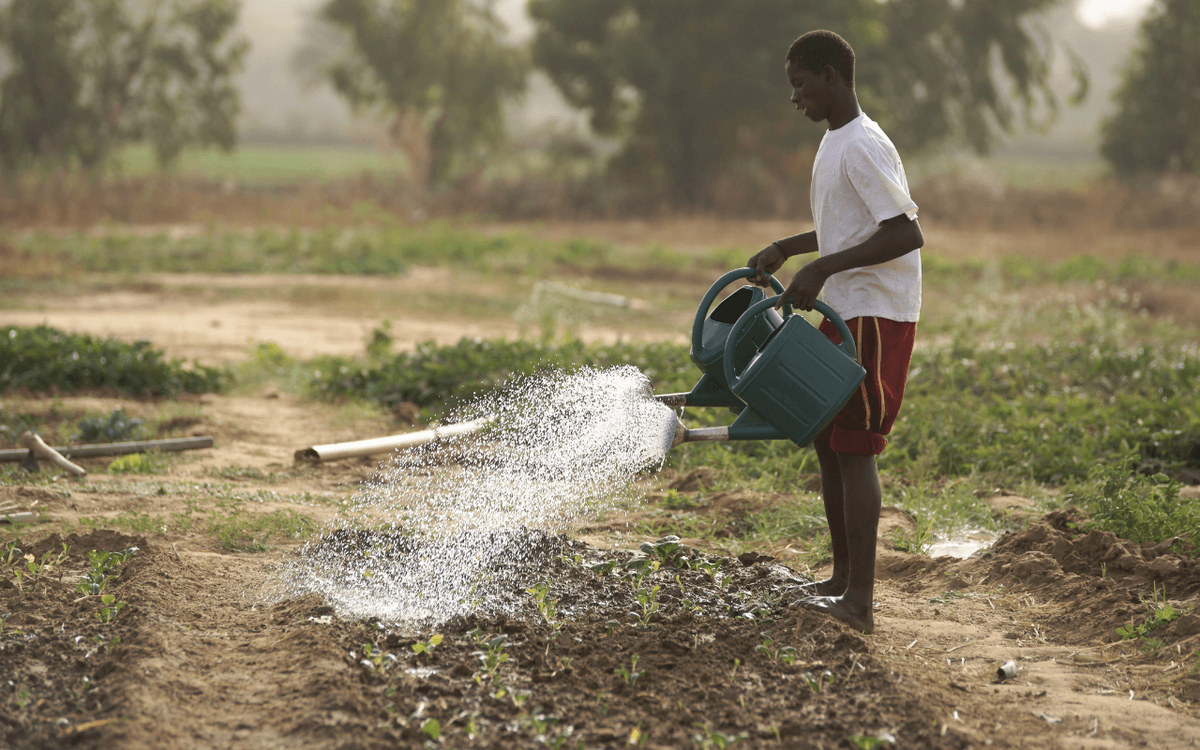
Read more Strengthening the market linkages of smallholders in the face of global supply shocks

Read more From the perennial to the catwalk – banana silk as an alternative

Read more How a Tea adds to Forest Conservation and Food Security

Read more From the Tree to the Street: The Story of Natural Rubber
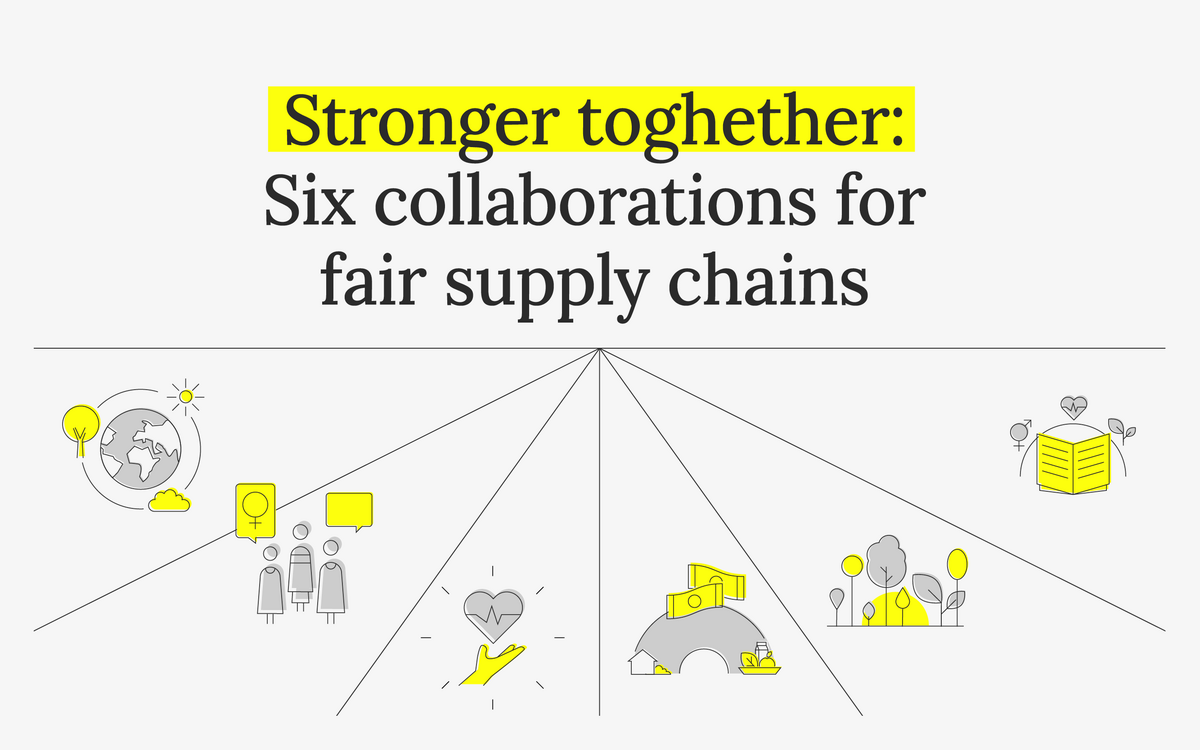
Read more Stronger toghether: Six collaborations for fair agricultural supply chains
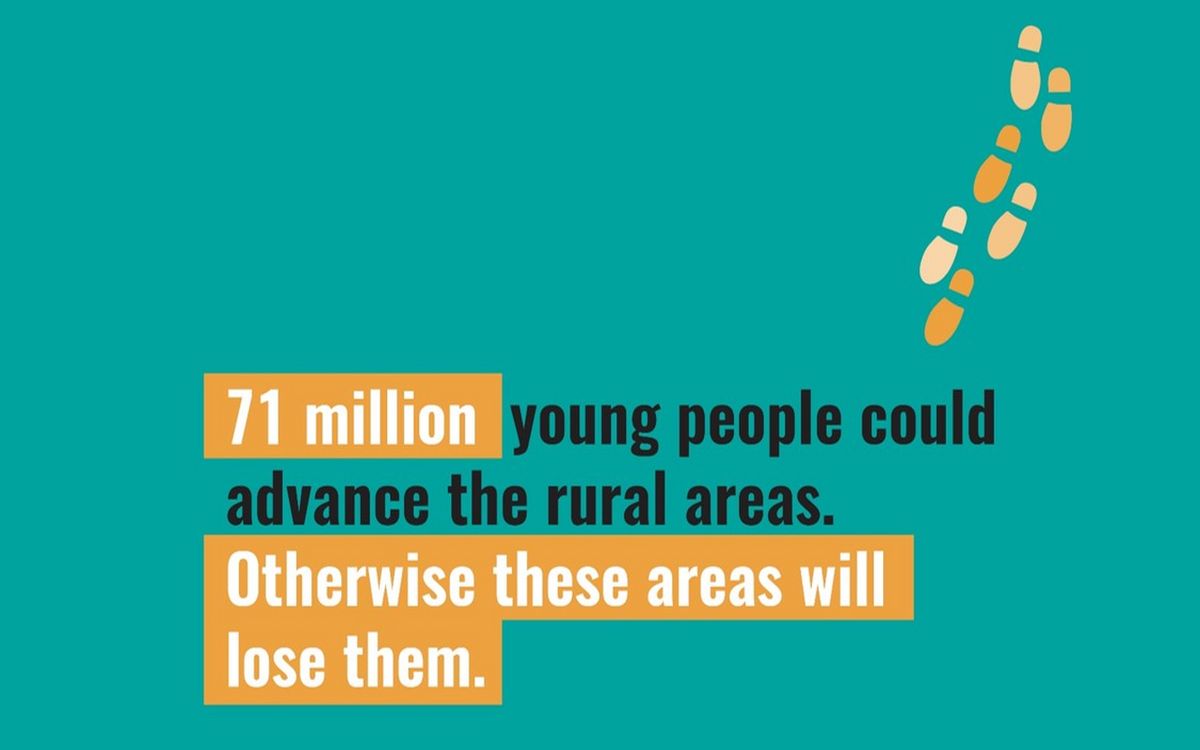
Read more Answers from the youth: "Leave or stay? That depends on it!"


Read more From start to finish: a vision of interconnectivity

Read more Youth as key actors for a transformation of agri-food systems

Read more Mozambique: How informal workers find jobs through an app

Read more Stepping into the future: How youth organisations are driving change

Read more Female Leadership: A Key Lever for Transformation?
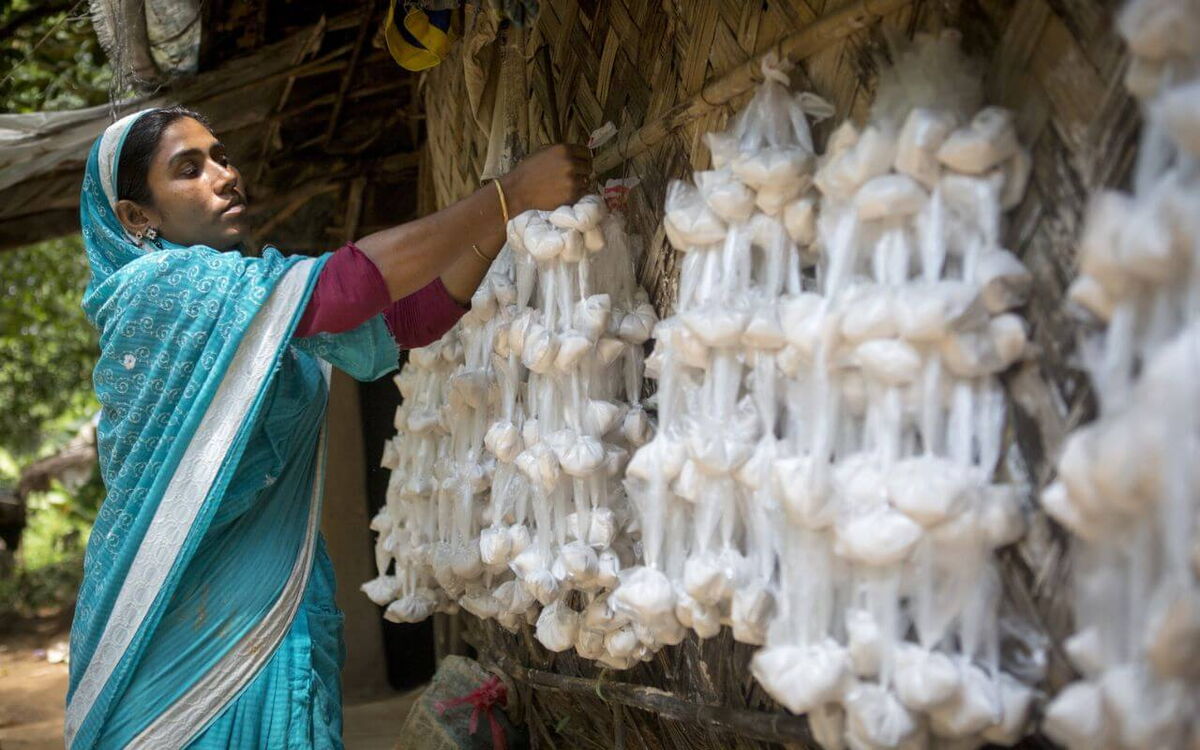
Read more Gender-Transformative Approaches – Unlocking Everyone’s Potential
We use cookies on our website. Some of them are essential, while others help to improve your user experience. Your consent is voluntary and can be revoked at any time on the "Privacy" page.
Protects against cross-site request forgery attacks
Saves the current PHP session.
Content from third-party providers, such as YouTube, which collect data about usage. Third-party content embedded on this website will only be displayed to you if you expressly agree to this here.
We use Matomo analytics software, which collects anonymous data about website usage and functionality to improve our website and user experience.